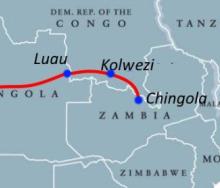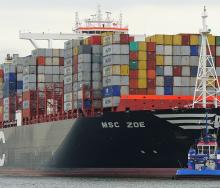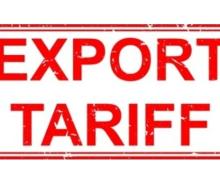With little over a week to go before the July 9 deadline for the 90-day reprieve period that paused “Liberation Day” tariffs imposed by the US administration on April 2, it seems Canada may pre-empt the reinstatement of reciprocal duties.
This is after Donald Trump, brimming from an appeal court victory at home that has reinforced his presidential powers, posted on his Truth Social platform that he was terminating all discussions on trade with Canada with immediate effect.
The decision comes after Trump and Canadian Prime Minister Mark Carney are said to have had fruitful discussions on the opening day of the G7 Summit on June 15, held in Alberta.
Although Trump indicated that relations with America’s northern neighbour had been strengthened by the negotiations, he said over the weekend that Canada’s decision to proceed with a Digital Services Tax (DST) of 3% on US tech companies was the reason for the likely implementation of US duties on all Canadian goods.
It’s been a sticking point between the two countries for some time, and Canada contends that the tax is meant to derive fiscal revenue from the likes of Amazon, Apple, Google, Meta and Uber for profits made through Canadian users.
If the US proceeds with blanket tariffs on Canadian goods, some $750 billion in annual trade both ways could be impacted.
The latest spat between the US and Canada comes at a time of tariff appeasement between the US and two of its biggest trading partners, China and India, although these details remain unclear.
Canada maintains that the DST, which Trump said comes into effect on June 30, was introduced because many large foreign digital companies were not paying sufficient taxes on income derived from Canadian consumers under the existing tax framework.
It was initially proposed in 2019 and took effect in mid-2024, with retroactive application to revenues from 2022. The Canadian government expected the DST to raise over $7bn over five years.
However, the DST has been highly controversial, particularly with the United States, as it disproportionately affects American tech giants. The Trump administration views the tax as unfairly targeting US companies and a violation of trade agreements, leading to heightened tensions and reciprocal tariff threats.
Trump has described the tax as a "direct and blatant attack" on the US.
The DST could be seen as undermining the Organisation for Economic Co-operation and Development (OECD) of the G20, planned to gather in South Africa in November.
According to the OECD’s Pillar One agreement, the G20’s international tax framework aims to fairly allocate taxing rights for multinationals and includes a commitment by countries to pause unilateral DSTs while the framework is implemented.
It allows countries where users or consumers are located to tax a share of the profits of large multinational enterprises with global revenues above €20bn and profit margins over 10%.
- This post was updated after it was finalised. At around noon on June 30, Bloomberg reported that Canada had dropped its planned digital services tax targeting US technology companies, effectively pausing a trade dispute with the United States. The Canadian government announced it would rescind the 3% tax on revenues generated from Canadian users by major US tech firms. The levy was scheduled to come into effect on June 30 but was withdrawn just hours before implementation to facilitate the resumption of stalled trade negotiations with the US.













